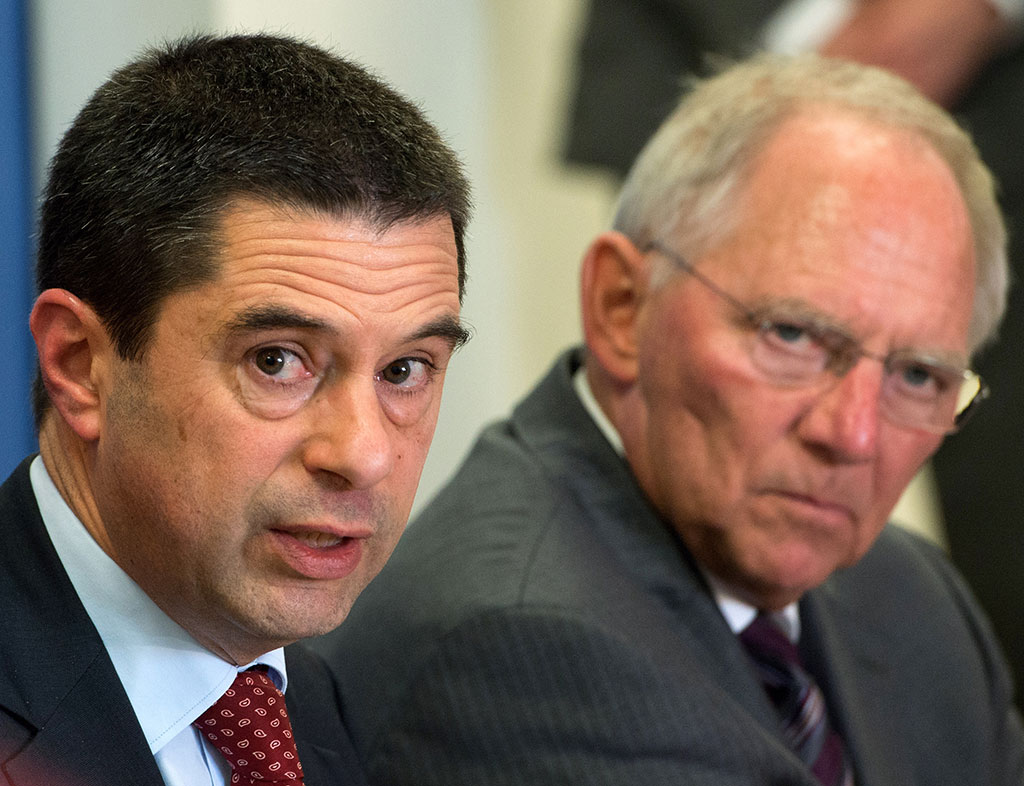
Portugal’s ten year bond yield soared to 8.02 percent after foreign minister Paulo Portas resigned from government. Portas’ exit had been preceded by the resignation of finance minister Vitor Gaspar on Monday.
Gaspar, who was the driving force behind Portugal’s major austerity measures, resigned citing a lack of popular and political support for the government’s wide scale budget cuts.
“It is my conviction that my exit will contribute to reinforce your leadership and cohesion within the government,” Gaspar wrote. Unfortunately, cohesion is at an all-time low.
Gaspar’s resignation, paired with the exit of Paulo Portas, has unleashed political chaos. Prime Minister Pedro Passos Coelho now finds himself with his back against the wall as opposition leaders in Lisbon begin to demand early elections.
“The country needs a new government with democratic legitimacy,” said main opposition leader António José Seguro. The sentiment has been echoed by anti-austerity demonstrators across the country.
Legitimate or not, the Portuguese government now seems anything but stable. Two of the most senior members of its coalition government have abandoned ship, and investors are ready to do the same. Thus far, lawmakers in Lisbon have made few efforts to try and adhere to the conditions as outlined within the government’s 2011 bailout agreement. The ECB, IMF and European Commission have lent Coelho’s administration the better part of €78bn. Despite total lack of popular support, the Portuguese government’s austerity measures helped to guarantee this rescue package continued trickling in.
In May, things seemed to have improved enough for Lisbon to enter the debt market once more. That brought bond yields to their lowest levels since 2010. Yet following this week’s political upheaval, investors seem to have lost all confidence in the nation’s economic recovery plan. Portugal’s stock market tumbled seven percent Wednesday. Literally overnight, it has become apparent that Coelho’s government won’t be able to exit its current bailout programme on schedule in 2014 – as this would require Portugal to be able to fund itself by way of private investors. If things continue to worsen, there may not be any investors left. “Given the ongoing political events, the risks are evidently to the downside,” said one Barclays analyst. “Needless to say, it will likely now be even more challenging for Portugal to regain full market access this year.”
Coelho made clear in a statement last night there would be no early elections, and that he planned to deliver a “rapid return to stability” in Lisbon.

